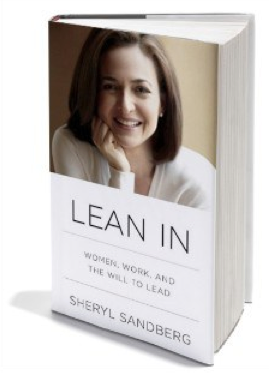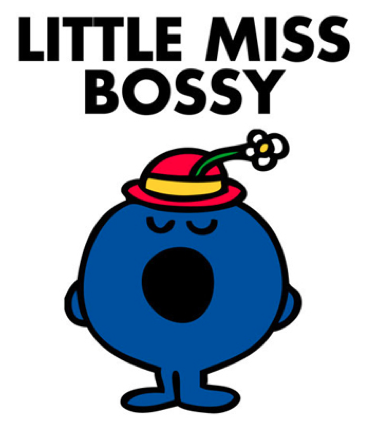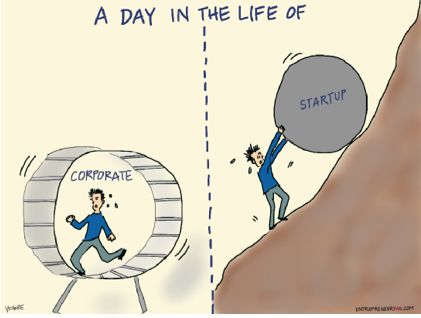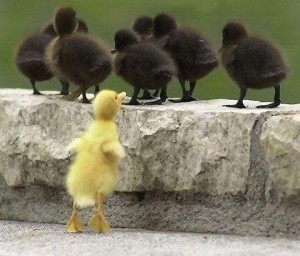
Confession: I haven’t read Lean In Sheryl Sandberg’s new ode to feminism. But I don’t feel like I need to add another tome to my unread Kindle library. No other living person (except for the Pope) has received more press in recent weeks than the COO of Facebook. She has dominated the talk shows, including a flattering piece on 60 Minutes. Not to mention both mainstream publications and the blogosphere.
I decided to go hear her speak last night. She was on her whirlwind book tour and the Writers Guild Theatre in Beverly Hills was full of women (with a few token men) who seemed genuinely excited to be in her presence. She was interviewed by Michael Lynton, CEO of Sony and yes, a man. (The original interviewer was supposed to be Maria Shriver who ended up in Rome covering the aforementioned Pope for NBC). Sheryl gave a polished performance. She was relaxed, funny, witty, smart and at times “girlie”. And very rehearsed. I basically heard a repeat of her other interviews. But this time I was seated 3 rows away. The thing that came across being there in person (especially during Q&A with the audience) was that she really really wanted to be liked.
And I left the event feeling sad. Here was the COO of Facebook, one of the most successful women in American business who according to the media is singlehandedly rebooting the feminist movement. And there she was telling us to be vulnerable using herself as an example. Her last story was about a project that she and a colleague had tried to get buy in for at Facebook. She said that when the group finally decided to proceed she gushed to them over how grateful she was that they did. All the while her male colleague said that he knew they’d come around. She wanted them to approve, to like her idea.
I believe that leadership is often about making tough, unpopular choices. Let’s look at Marissa Mayer, CEO of Yahoo who has been blasted by the media because of her edict that employees could no longer telecommute. I get it. She needs to change the culture and one way to do it is to get people together, face to face. She’s been bashed for her wealth (she can afford child care) and for being anti motherhood. But let’s not forget that she’s the boss. Responsible to her shareholders and a board. Who will fire her just like they did the 5 CEOs before her. Marissa Mayer is NOT worried about being liked. Rather, she’s making the tough decisions to try and turn this behemoth (that’s been on a downward spiral) around. I don’t envy her.
No matter how great it sounds, you can’t run an organization completely by consensus. Even the President gets advice from his advisors but ultimately makes the tough call himself (hopefully herself someday). Leaders can’t worry about likeability (except during an election but then they’re merely candidates).
So while I applaud Sheryl Sandberg for her attempt to start the conversation, I’m not sure that she should be the role model. Especially for girls. What I saw last night was hero worship. Women of all ages who wanted to believe that they too can have it all, and still be liked, like Sheryl.
But, and it’s a big but, I believe that there’s another message that wasn’t delivered. And that is key if we want more women to ascend to the top rungs of power. It is more important to be respected than to be liked. There, I said it. If women want to be treated equally in the workplace, boardroom or congress then they should think about that. Respect for your skills, accomplishments, know how, success – they get you noticed. Being liked just feels good. And of course, I’m not suggesting that they’re mutually exclusive. But IMHO, respect should come first. Especially if you want to go all the way up.
On a personal note, after spending my childhood moving around the world and trying to fit in, I realized that as an adult this desire to be liked wasn’t going to get me very far. So I stopped trying. And yes, I’ve been called a bitch, sometimes to my face. But I’ve always operated under the assumption that my job was to be the boss and not the friend. And as the boss, I had to make the tough choices (and no, I don’t enjoy firing people) because that was my responsibility.
Sheryl Sandberg has the luxury of going on an all out media blitz. She has a platform (Facebook anyone?) I just wish that her message was stronger. She’s also #2 to a male CEO. She’s there to execute his vision. She even admitted that she still worries about being fired. What kind of message does that send?
If women are to take over leadership positions then they need to be a little more like Hillary Clinton and actually lead. Remember when Hillary baked cookies when she was first lady? That didn’t last long. She wasn’t being authentic. And look at her popularity now – it’s at an all time high. I don’t think she worries about being liked but she has certainly earned our respect.
This is a complicated issue and the numbers are depressing. And maybe I’m being too harsh on Sheryl Sandberg but I would like to see a more equal playing field someday. And to get there we need more role models for young women. So they can find their own way.




